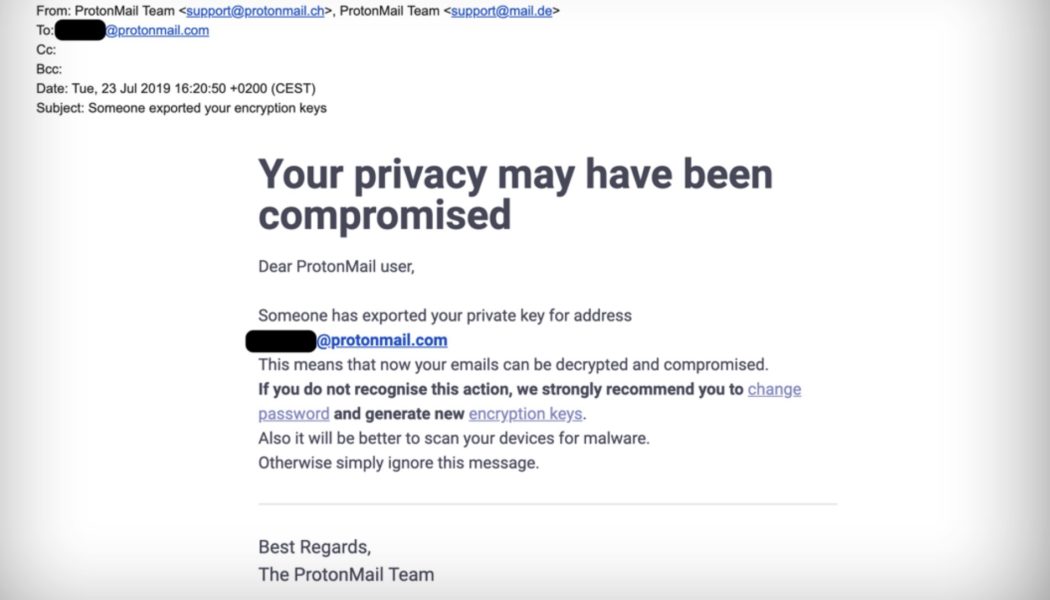Phishing News
The Great Phishing Fail
Anna Collard, SVP Content Strategy & Evangelist at KnowBe4 Africa. In 2021, phishing attacks increased by 7.3% according to the ESET Threat Report, and the Cisco 2021 Cybersecurity threat trends report revealed that around 86% of organisations had at least one person click a phishing link. This echoes the findings of recent KnowBe4 Security Awareness Research that found people keep clicking – on fake emails from HR, the business and IT. As Anna Collard, SVP Content Strategy & Evangelist at KnowBe4 Africa, points out, the majority of top email categories that people fall for are those that fit in to everyday life – invoices, purchase orders, shared files, and COVID-19 related topics. “As our quarterly report on the top-clicked phishing tests shows, the emails that catch people are t...











